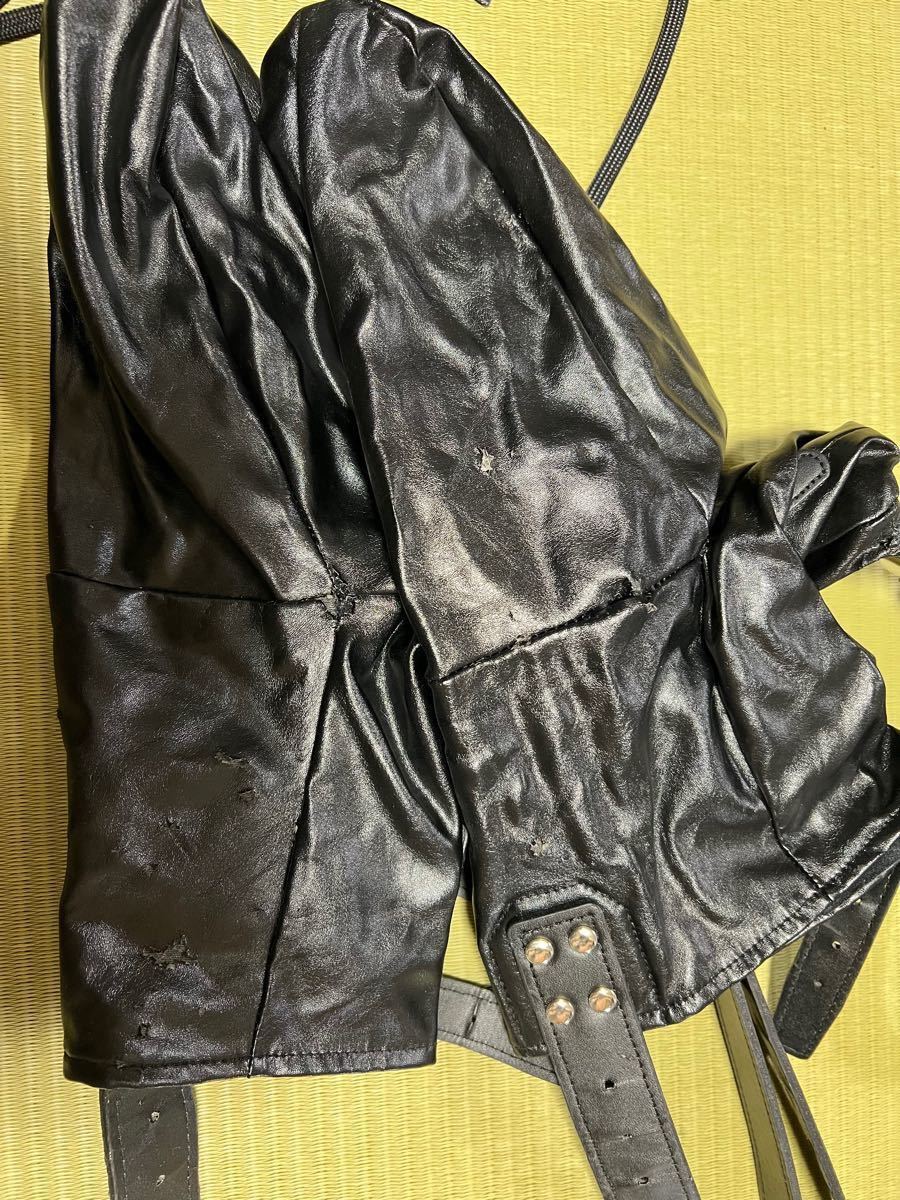-
シーンから探す
- お笑い/バラエティ
- 本、雑誌
- マフラー
- 飲料/酒
- スニーカー
- 地図、旅行ガイド
- 置物
- 楽器、器材
- その他
- 家具、インテリア
- ひざ丈ワンピース
- ファッション小物
- その他
- その他
- その他
- マフラー
- クラフト/布製品
- 工芸品
- タバコグッズ
- キャラクターグッズ
- ラグビー
- ミュージシャン
- キャラクターグッズ
- スピーカー
- フィギュア
- ブーツ
- その他
- ブランド別
- スキンケア、基礎化粧品
- クラブ
- カーディガン/ボレロ
- その他
- エンジン、過給器、冷却装置
- 絵画/タペストリ
- ベッド
- キャップ
- 水着/浴衣
- ギター
- クラブ
- スニーカー
- 知育玩具
- ハイヒール/パンプス
- カメラ、光学機器
- 模型/プラモデル
- アイドル
- マネークリップ
-
贈る相手から探す
- ブレーキ
- その他
- ダンス/バレエ
- 印刷物
- 健康食品
- パーツ
- アンプ
- キャラクターグッズ
- ブルーレイレコーダー
- キャラクターグッズ
- 抱き枕
- リール
- その他
- 遊戯王
- ベース
- レストラン/食事券
- ロードバイク
- アクセサリー
- ナイロンジャケット
- バッグ
- サンダル
- 魚類、水生生物
- 切手、はがき
- その他
- その他
- 店舗用品
- トイガン
- 模型/プラモデル
- ノートPC
- パーツ
- 農業
- 車内アクセサリー
- フィッシング
- その他
- その他
- 絵本
- トートバッグ
- その他
- 自動車
- ファッション/小物
- ビジネス/経済
- 雑貨
- 外装、エアロパーツ
- 自動車パーツ
- アイドル
- エフェクター
- その他
- パーツ
- コントロールカラー
- その他
- ビンテージ
- カテゴリから探す
- おまとめ注文・法人のお客様
スロープ 2メートル 自転車 バイク用 最高
-
商品説明・詳細
-
送料・お届け
商品情報
ご覧いただきありがとうございます! 自宅玄関前の階段に自転車をあげるために、先日4月10日に購入しましたが、道路に数センチはみ出してしまうため、使用するのを断念しました。 箱から出して、一度階段に合わせてみただけで使用していません。 発送の際には、段ボールに梱包してお送りいたします 以下メーカーの商品説明を添付いたします。 【商品仕様】軽量化折りたたみ式アルミスロープ。サイズ :長さ200*幅21.5*高さ4cm、折りたたみサイズ:長さ100*幅21.5*高さ12cm。推薦使用高さ:50㎝。 【軽量丈夫】材質は軽量化アルミニウム合金で、軽量で高強度。1本のバイクラダーは僅か5.55kgで300kgの耐荷重があります。楽に運搬できる。 【多用途】バイクや農機具等の積載車に積み込む際に使いやすいラダーレール。黄色警告シート付き、夜も見えて、使用安心安全。使用場合に合わせて、1本2本を自由に選択ください。オートバイクでけではなく、自転車、車椅子様々な使用環境に適用。軽量で高強度の製品で、持ち運び便利なアルミブリッジ。 【優れている性能】長めるヘッドプレートにより、地面にくっつき、安全性が高い。延長の端部プレートにより、上ることが簡単なアルミラダー。軽量丈夫なアルミ材質で、錆びなし、耐腐食性よい、より美観であるラダー。組立不要で、設置簡単。 【完璧な滑り止め】表面にポンチ穴付いて、滑り止め効果を増加。両端にエメリーパッド付き、滑り止めの上でより美観であるアルミブリッジ。裏面にも滑り止めパッドあり、使用時の安全性を確保、且つ使用中の異音を解消することもできる。(ご注意:スロープに上下する時、人は設備に乗らないでください。アルミニウム合金素材であり、弾力性と靭性が強いため、使用時にある程度内側に曲がりますが、これは品質の問題ではなく、正常な現象であり、使用に影響はありません。不使用時また回復になる。)
残り 6 点 8,500円
(756 ポイント還元!)
翌日お届け可(営業日のみ) ※一部地域を除く
お届け日: 12月30日〜指定可 (明日18:00のご注文まで)
-
ラッピング
対応決済方法
- クレジットカード
-

- コンビニ前払い決済
-

- 代金引換
- 商品到着と引き換えにお支払いいただけます。 (送料を含む合計金額が¥294,249 まで対応可能)
- ペイジー前払い決済(ATM/ネットバンキング)
-
以下の金融機関のATM/ネットバンクからお支払い頂けます
みずほ銀行 、 三菱UFJ銀行 、 三井住友銀行
りそな銀行 、ゆうちょ銀行、各地方銀行 - Amazon Pay(Amazonアカウントでお支払い)
-





























